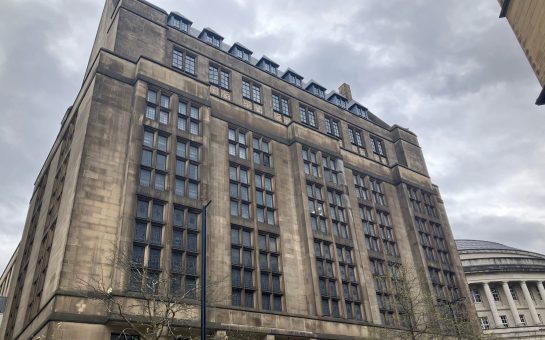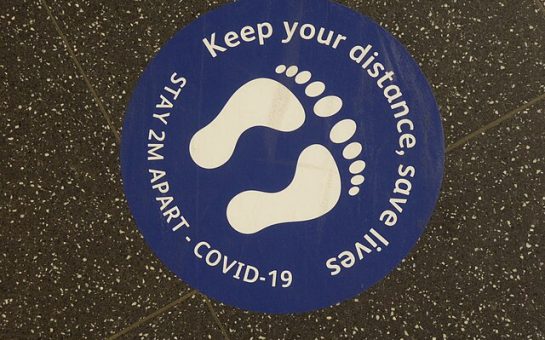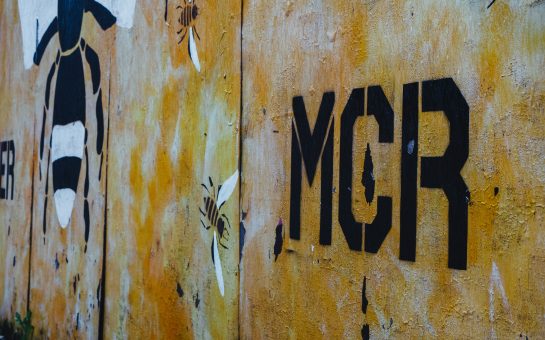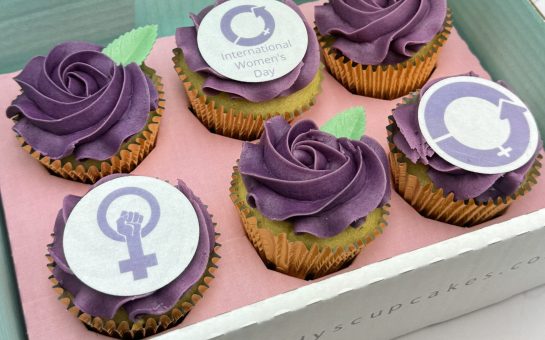Today marks the UN’s International Day of Women and Girls in Science, with this year championing individuals working in the fight against Covid-19.
Women have played pivotal roles in pioneering scientific discoveries, from Curie’s breakthroughs in radioactivity to Rosalind Franklin’s previously uncredited work in the discovery of DNA.
Although the 20th century has brought about great improvements towards gender parity in the sciences, the stifling ‘glass ceiling’ remains to this day, with women continuing to be underrepresented in STEM* subjects in the classroom and workplace.
UNESCO Institute of Statistics (UIS) found women make up fewer than 30 percent of scientific researchers worldwide, highlighting a stark disparity in workplace composition.
The vital contribution of women in science has been plainly evident during the Covid19 pandemic, but it has also highlighted wider imbalances, such as lack of representation in senior positions and pay disparity.
With this year’s International Day for Women and Girls in Science championing individuals in the Covid19 sector, three British scientists based in the North West give insight into their experiences.
Dr Sarah George, Dr Ana-Maria Tomova, and Ms Aamina Ali are at the front line of Covid19 research, combining innovative technology and scientific rigour to defeat the pandemic.
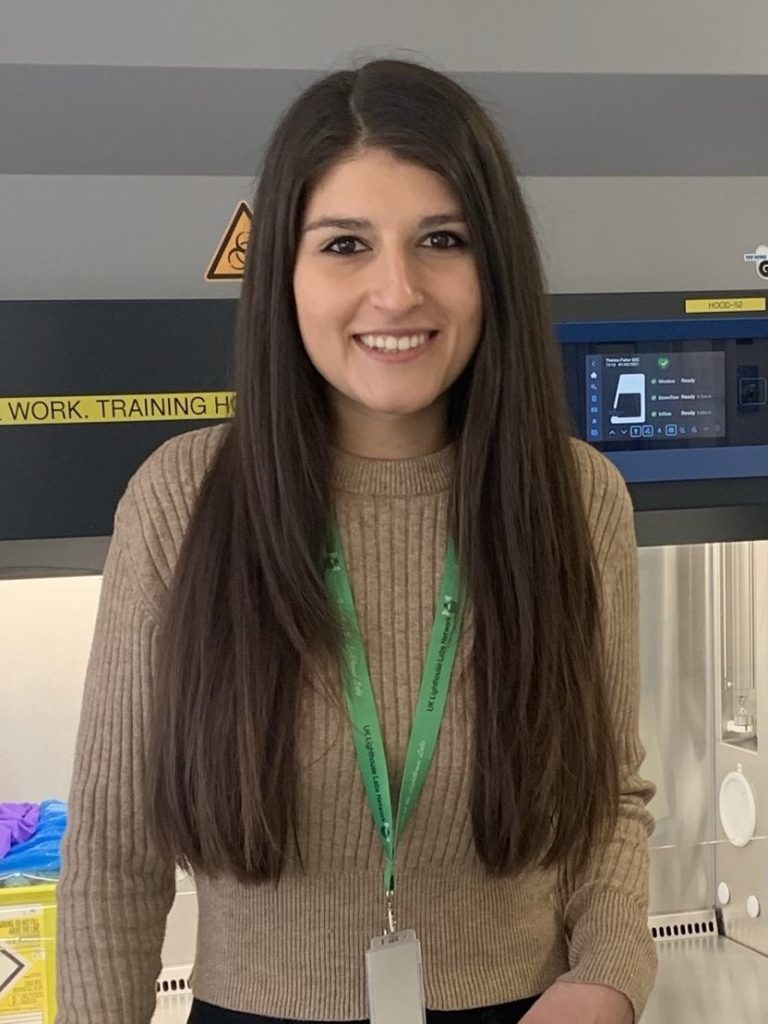
While at varying stages of their career, these three scientists work for the Medicines Discovery Catapult (MCD) at Alderley Park Lighthouse Laboratory in Cheshire, where they are part of an expert team, behind the largest diagnostic project in British history.
Ahead of International Day for Women and Girls in Science, MCD revealed their Lighthouse Lab employs over 600 staff, the majority being scientists and 60% of them being women.
The Lab’s Chief of Staff, Dr Sarah George said: “We have female scientists at all stages of their careers working in the Lighthouse Lab.
“I think women are well represented at entry to mid-levels in life sciences, but if you look at who holds the more senior positions in the sector, generally, there are fewer women the higher up the career ladder you go.
“It is a really complex landscape with many contributing factors impacting the wider sector’s imbalance – a big part of which is a lack of senior female role models.
“That’s why it’s vital for us to celebrate days like these; in giving recognition to the nation’s female scientists, and especially those leading the fight against Covid.”
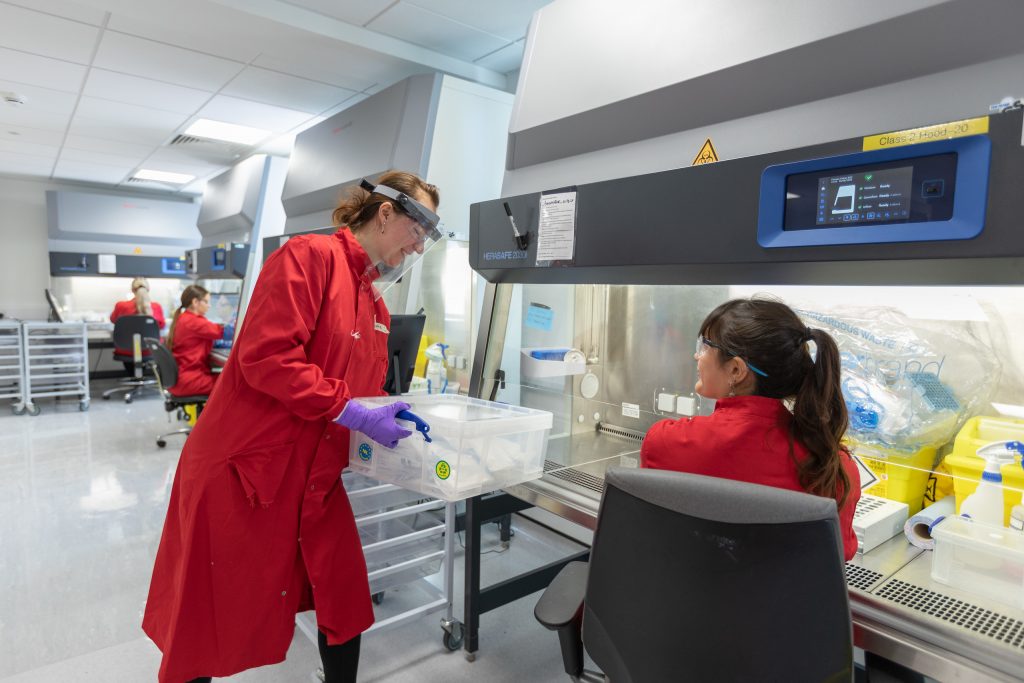
Dr George also touched on the importance of recognising the value of diversity in projects and businesses.
She continued: “There is evidence that diverse groups of people working together achieve better results; women and men with a range of backgrounds (both professional and personal), bringing their own experiences and skills to contribute different points of view.
Dr Ana-Maria Tomova who has a PhD in Cell and Molecular Biology and is currently a Bioscience Lead at the lab is entrusted with the day to management of the lab to ensure the 50,000 samples received daily are processed safely and accurately.
She said: “Although it’s not as male-dominated as what it once was, I do hope more girls consider a career in the sector as an attainable one.
“I’m really proud that my daughter thinks it is “awesome”, although she prefers astrophysics to cell and molecular biology, would you believe?”
She continued: “Our team really is the epitome of ‘shift group goals’! We bounce off one another’s backgrounds and specialisms, for the greater goal in making sure we can apply actionable science at scale.”
Ms Aamina Ali’s role is to extract the RNA genetic code from samples to determine which individuals are infected with Covid19 and need to isolate.
While at an earlier stage in her career, after recently graduating with a Bachelor’s degree in Biomedical Sciences from the University of Manchester, she is equally as passionate about encouraging women into the industry.
She said: “Since joining the lab, I’ve loved working with the variety of individuals and backgrounds across the Lighthouse Lab.
“Although we all have different specialisms, we’re connected by the same common cause and our resolve to help battle the virus.
She continued: “If I had any advice to those entering the industry, it’d be to truly throw yourself into the sector.
“I’d also suggest they ignore the stereotypes that it might not be for them, or that it’s male-dominated.
“It would be excellent to give more girls and women greater resolve to keep the industry going in the right direction, and we’ll need youngsters just like them to truly realise that and pursue their passions.”
Despite alarming statistics, progress is being made in certain science sub-sectors such as life sciences, where women make up 49 percent of the global workforce.
However, the fight is far from over and days such as this are crucial in recognising all of the incredible female scientists worldwide, and encouraging more women into the industry.
To find out more about International Day of Women and Girls in Science visit: https://www.un.org/en/observances/women-and-girls-in-science-day
If you are interested in a career in science visit:
https://www.stemwomen.co.uk/studentsandgraduates
https://www.bps.ac.uk/jobs-opportunities
https://www.ibms.org/resources/documents/careers-in-biomedical-science-leaflet/
https://nationalcareers.service.gov.uk/job-categories/science-and-research
If you are actively looking for careers with MDC visit: https://md.catapult.org.uk/about/careers/
*Science, technology, engineering and mathematics.
